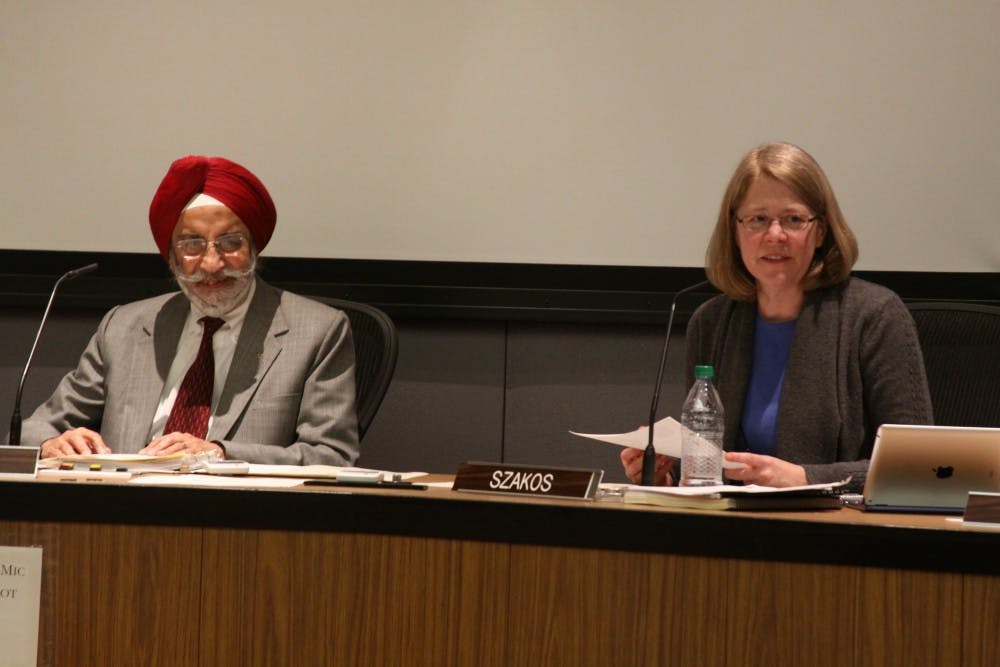After hours of debate, Charlottesville City Council came to a compromise Monday night, preliminarily adopting a Human Rights Commission to address discriminatory practices that exist within the city. Council will hold a second, final vote on the proposal in the second week of May.
This process started back in February of 2012, when the Council approved the formation of a Human Rights Task Force to determine whether a Human Right Commission was needed in Charlottesville and, if so, what type of Commission should be formed.
After Monday night, the answer to that question became clearer.
Council approved councilwoman Kristin Szakos’ compromise proposal, which gives the commission moderate enforcement capabilities.
“I was pretty amazed,” said Assoc. Education Prof. Walt Heinecke, who has been working to secure the commission. “It [symbolizes] to communities in Charlottesville that times are changing and that the city is concerned about institutional and individual cases as well.”
The Commission makes it “unlawful and a violation … for any person, partnership, corporation or other entity to engage in discrimination in housing, employment, public accommodations, credit and education on the basis of race, color, religion, sex, pregnancy, childbirth or related medical conditions, national origin, age, marital status or disability.”
Szakos’ proposal, essentially an amendment to an earlier proposal by councilman Dave Norris, was met with mixed reaction from the Council’s five voting members, as council members Norris and Dede Smith said it did not give the commission adequate enforcement powers.
“[With this proposal,] we’ll offer mediation and try to come up a solution, but if the employer doesn’t go along with this than you’re on your own,” Norris said.
The proposal creates a several step process from mediation to potential legal ramifications for discriminatory practices.
The Equal Employment Opportunity Commission and the Piedmont Housing Alliance will conduct investigations and undertake enforcement efforts in cases involving housing, or charges of employment discrimination against employers of 15 or more employees.
The director of the new commission will have jurisdiction over all other cases, including complaints involving employers of 5-14 employees, public facilities and education.
Not all were in favor of the changes, however. Timothy Hulbert, president of Charlottesville’s Chamber of Commerce, believed that the adoption of a commission with no enforcement capabilities was enough.
“There are already a number of enforcement mechanisms,” he said. “Overwhelmingly when you look at these cases they are resolved through mediation, ameliorating types of processes. You do not need to have enforcement in order to make that happen.”
A major point of contention in the discussion centered on the proposed budget of the commission, a figure reached by looking to similar organizations from around the Commonwealth.
The task force determined the commission would need a budget of $180,000, a number that caused great debate between the council members.
Councilman Norris said that the Commission would succeed with “under $100,000 a year,” while Councilor Szakos said she did not want to “lowball the services we are providing.” In a compromise, the figure remained $180,000.
The new proposal will be posted on the city’s website later this week for public viewing.







